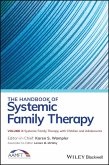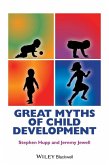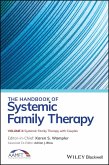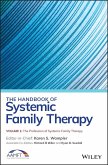What is childhood? In recent years, a cluster of critical and complex ideas have emerged around the nature of biological, social and psychological growth in the early years, reflecting the changing nature of adult - child relations, and political and cultural understandings of childhood in the twenty-first century. In this clear and concise book, Michael Wyness offers fresh insights into the current state of play within childhood studies. Drawing on work from a number of disciplines including sociology, geography and history, he discusses the contested terrain of theoretical and research advances with particular attention to the notion of children's agency and the concept of global childhoods. Key conceptual debates are illustrated through a range of contemporary issues that affect children and adults, including inequality, child abuse, ill-health, child labour, sexualization and identity formation. This book will appeal to students and academics within the fields of sociology, education, geography, history and childhood studies.
Dieser Download kann aus rechtlichen Gründen nur mit Rechnungsadresse in A, B, BG, CY, CZ, D, DK, EW, E, FIN, F, GR, HR, H, IRL, I, LT, L, LR, M, NL, PL, P, R, S, SLO, SK ausgeliefert werden.









